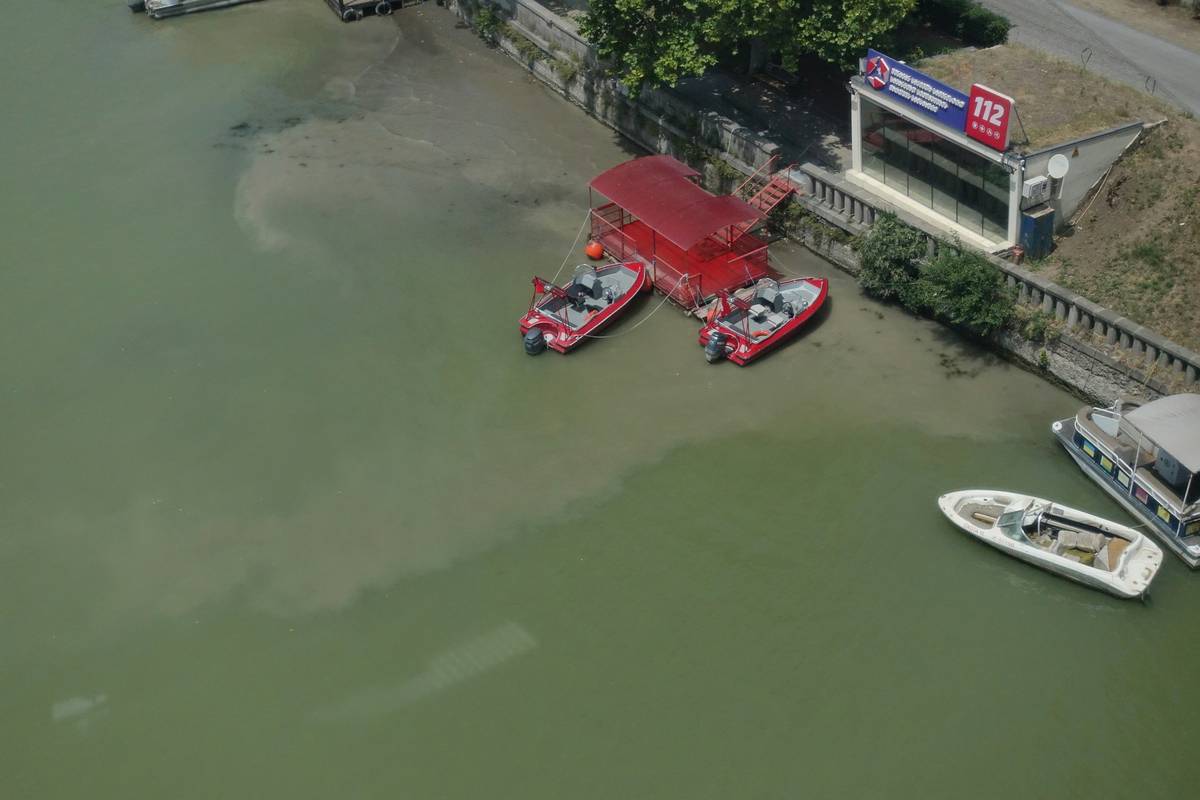Table of Contents
- Introduction: When Fun Turns Frightening
- Key Takeaways
- The Problem: Why You Need a Water Rescue Policy
- Step-by-Step: How to Get Covered with a Water Rescue Policy
- Best Practices for Smart Insurance Choices
- Real-Life Stories of Rescue Saves
- FAQs About Water Rescue Policies
- Conclusion: Don’t Hit the Water Unprepared
Introduction: When Fun Turns Frightening
Picture this: You’ve rented a shiny speedboat for a weekend getaway. The sun is shining, the waves are perfect, and your playlist is queued up. Suddenly, disaster strikes—an engine failure leaves you stranded miles from shore. Now what?
If you’re thinking, “I’ll call my insurance,” hold up. Not all boat rental policies include emergency water rescue services. A shocking stat? Nearly 40% of boaters don’t even check their rental policy before hitting the waves. Today, we dive into why a water rescue policy isn’t just an add-on—it’s your lifeline.
In this post, you’ll learn:
- What makes a water rescue policy essential.
- Steps to secure comprehensive coverage.
- Tips to avoid scams and overpriced plans.
- Real-world examples of how rescues saved vacations (and lives).
Key Takeaways
- A water rescue policy ensures help arrives when things go wrong at sea.
- Not all insurance covers towing or search-and-rescue ops—read the fine print!
- Choosing the right provider can mean avoiding unnecessary expenses.
The Problem: Why You Need a Water Rescue Policy

“Optimist Me:” Boating is fun; nothing bad will happen if I’m careful.
“Grumpy Me:” Oh yeah? Tell that to the guy who got towed back to shore after his propeller hit a rock.
Here’s where it gets real—I once skipped reading the fine print on my kayak rental agreement. Big mistake. When my paddle snapped mid-lake, I had zero idea whom to call. No towing service included. Just me, paddling awkwardly until some kind soul offered assistance (*cringe*).
Now, let’s break down why a water rescue policy needs to be non-negotiable:
- Safety First: Whether it’s capsizing or mechanical failure, accidents are more common than you think.
- Peace of Mind: Knowing help is just a phone call away keeps stress levels low.
- Cost Savings: Without coverage, one rescue mission could cost thousands out-of-pocket.
Step-by-Step: How to Get Covered with a Water Rescue Policy

Step 1: Research Reliable Providers
Not all companies offer water rescue policies, so dig deep. Look for ones specializing in marine insurance.
Step 2: Read the Fine Print
Does it cover personal injury? Salvage operations? Towing distances? If not, skip it.
Step 3: Ask Questions
“Does this plan have blackout zones?” “What boats qualify?” Get answers upfront.
Step 4: Compare Quotes
Use online tools to compare prices—but remember, cheaper isn’t always better.
Best Practices for Smart Insurance Choices
Top Tips to Nail Your Water Rescue Coverage:
✔️ Go Comprehensive: Choose plans with multiple layers of protection.
✖️ Terrible Tip: “Just wing it.” Trust us, regret follows fast.
✔️ Ask About Discounts: Memberships like AAA sometimes offer perks.
✔️ Document Everything: Snap pics of your rental agreement & policy details.
Rant Break: Why Hidden Fees Drive Me Nuts
Ugh, the worst part about insurance is those sneaky hidden fees. One time, I paid extra because my GPS coordinates technically fell in a “high-risk zone”—even though the seas were calm as glass 😤. Always ask about potential surprises before signing anything.
Real-Life Stories of Rescue Saves

Terry was enjoying a solo sail off Florida’s coast when his mast snapped during a sudden squall. His water rescue policy sent a team within hours, saving both him and his boat. Moral of the story? These policies work.
FAQs About Water Rescue Policies
Do I Really Need This If My Boat Has GPS?
Yes. GPS won’t physically tow you back to safety.
Are All Policies the Same?
Nope. Some only cover specific scenarios, while others provide blanket protection.
Can I Add It Later?
Better to start covered—you never know when trouble hits.
Conclusion: Don’t Hit the Water Unprepared
Fellow adventurers, don’t gamble with your safety. A solid water rescue policy ensures every trip ends happily ever after—or at least back on dry land safely. Remember, preparation beats panic any day.
Cheers to smoother sailing,
Your Friendly Neighborhood Blogger
P.S. Like a classic Nokia ringtone, good insurance should always be reliable. 🎵


